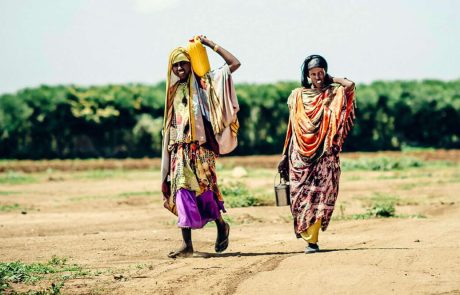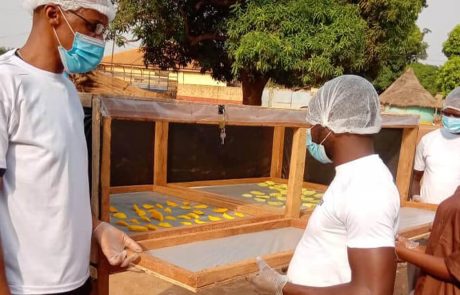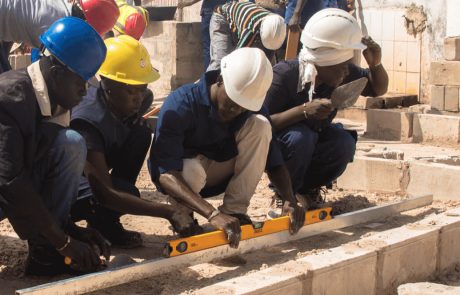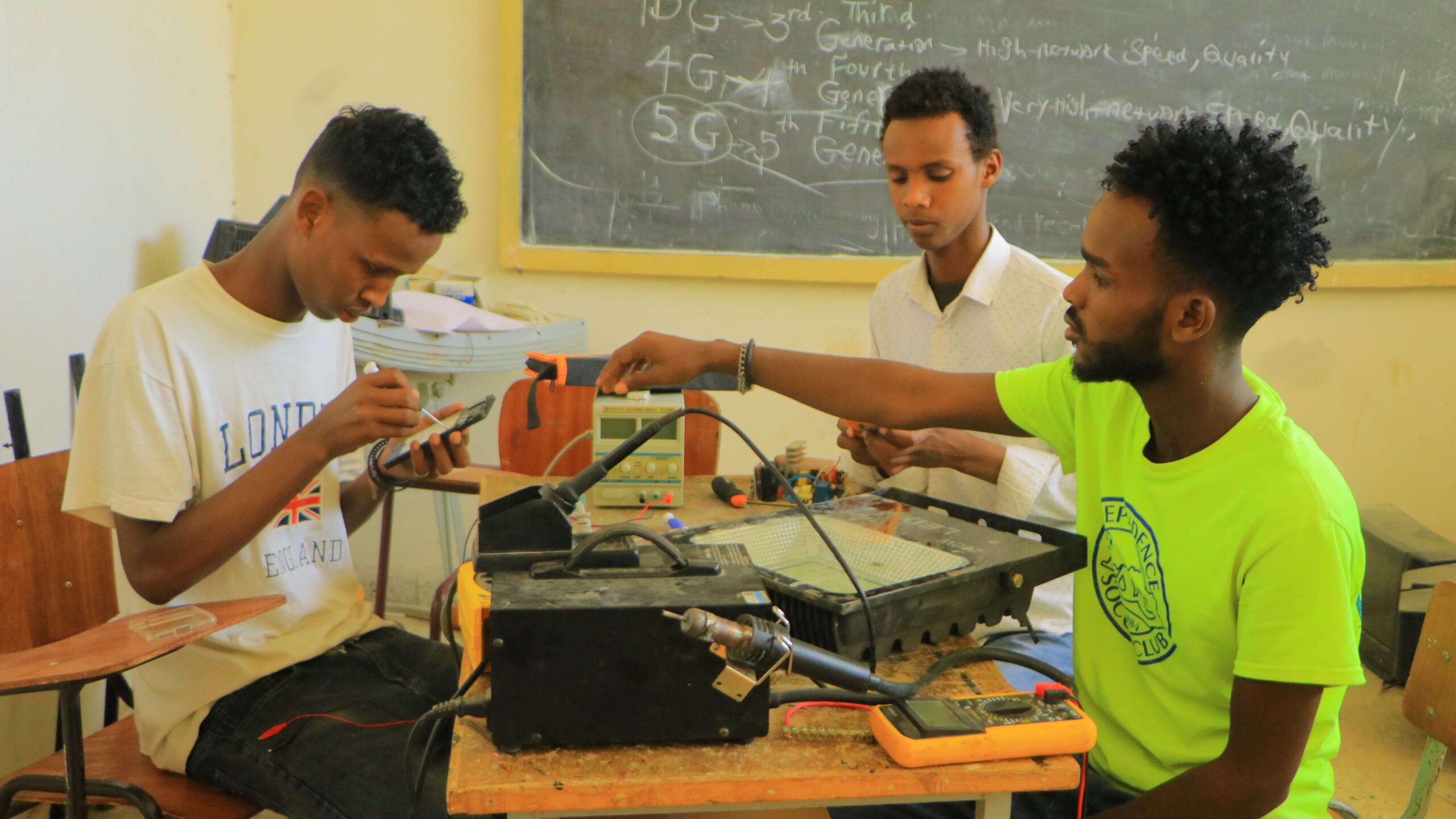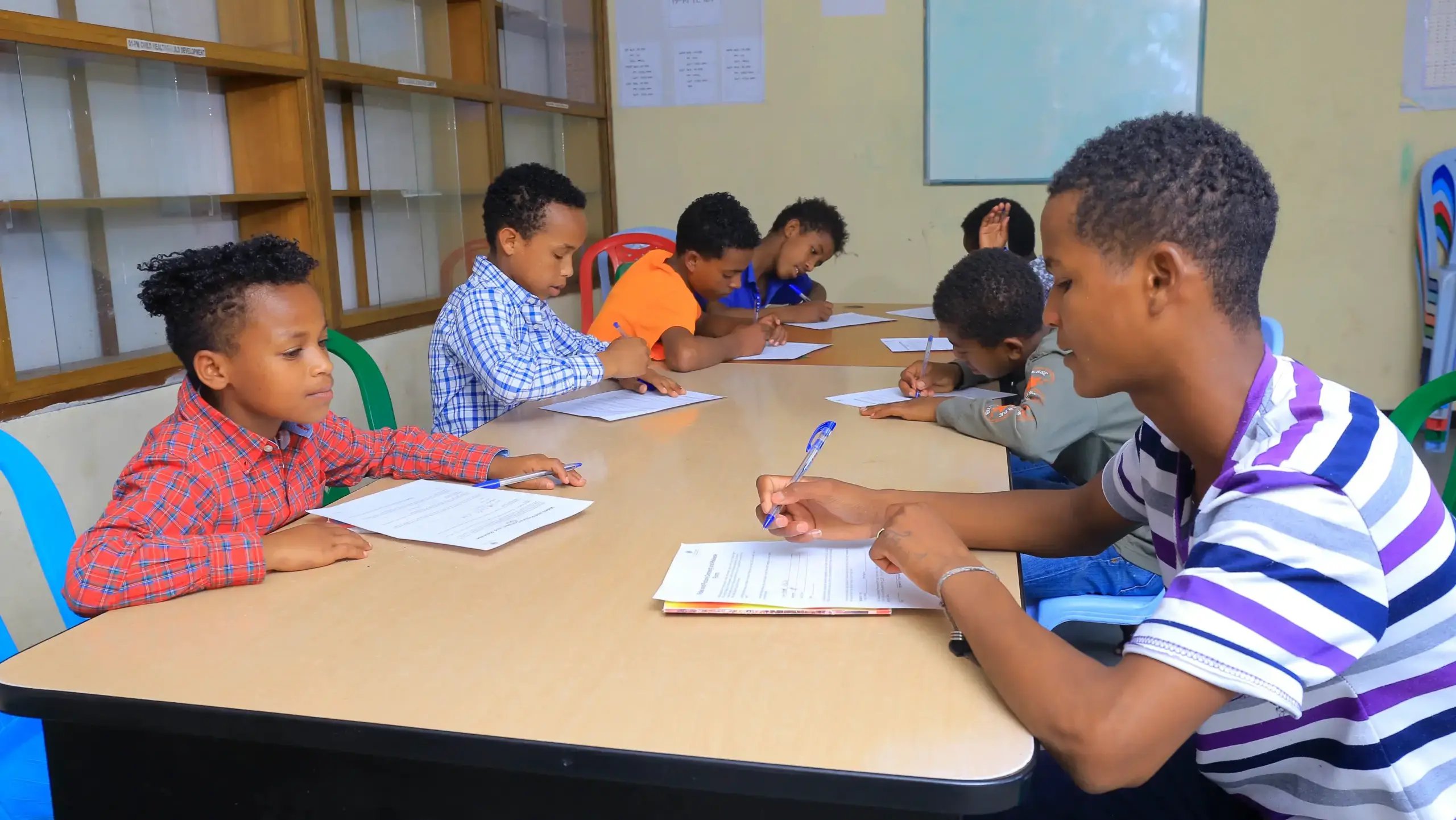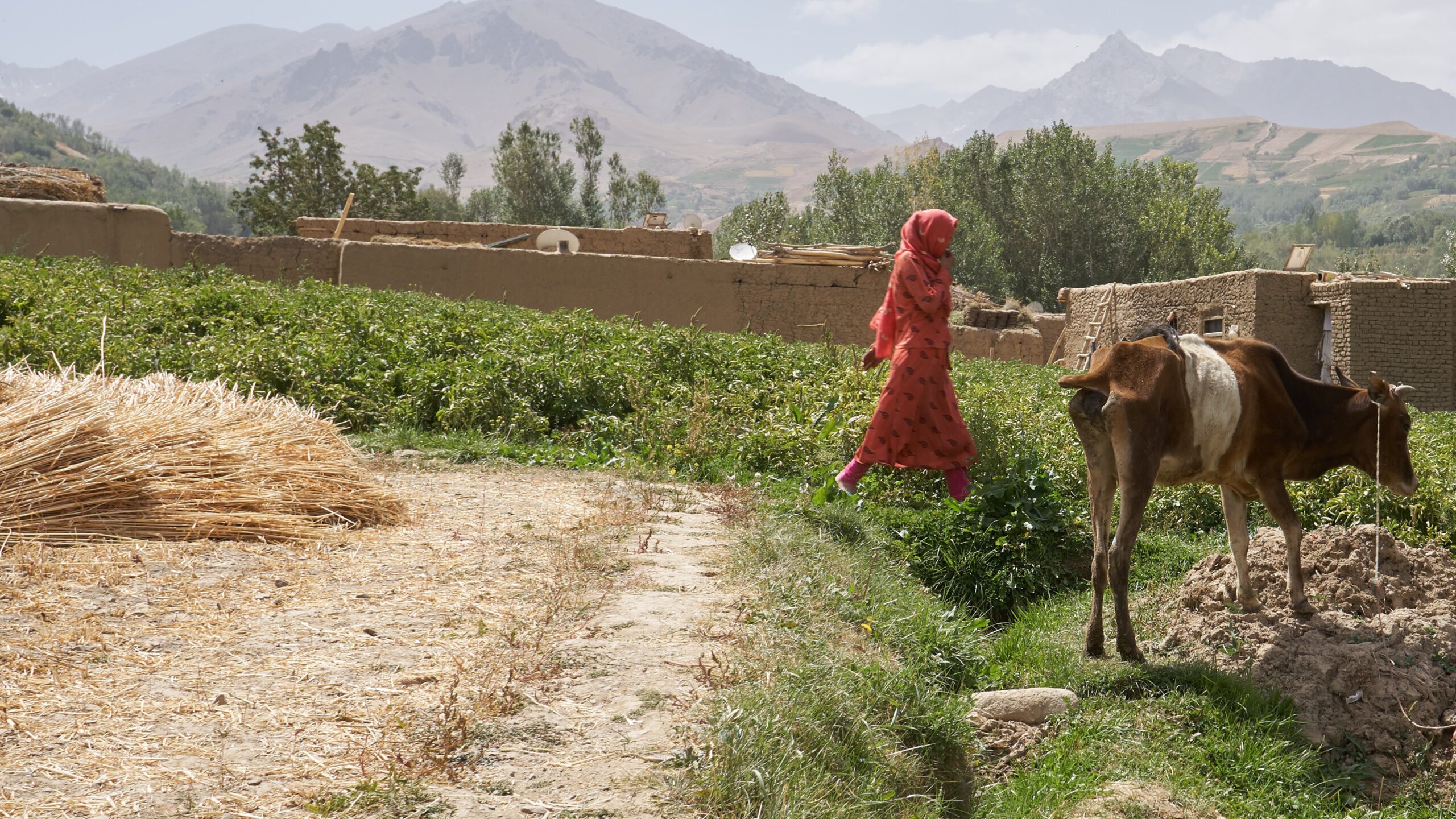The EU Emergency Trust Fund for stability and addressing root causes of irregular migration and displaced persons in Africa
With the goal to address root causes of instability, forced displacement and irregular migration, the EU Emergency Trust Fund (EUTF) for Africa was established at the Valletta Summit on Migration in November 2015. In order to contribute to better migration management and facilitate political dialogue with partner countries as well as to implement innovative approaches while providing funding and expertise through a broad variety of stakeholders, the EUTF benefits 26 African countries in three major regions (Sahel/Lake Chad, Horn of Africa, and North of Africa). This includes countries such as Ethiopia, the Gambia, Ghana, Guinea, Mauritania, Senegal, and Uganda, among others. These countries are among the most affected ones by issues such as forced displacement, instability, and irregular migration.
As of the start of 2021, C4ED was commissioned to provide its services with the goal to run a series of counterfactual impact evaluations (CIEs) on ongoing development projects in Africa, funded by EUTF to evaluate their impact. This includes randomized control trials (RCTs) and quasi-experimental methods as well as mixed-methods approaches. This will provide the relevant services of the European Commission, the implementing partners’ (Mercy Corps, UNCDF, SNV, GIZ, ITC, ILO, and Enable), and the wider public with:
- an increased knowledge, data, and understanding of the outcomes and impacts of EUTF-funded programs focusing on employment, employability, and/or migration in West Africa and the Horn of Africa, by generating evidence and evidence-based research
- key lessons learned, conclusions, and related recommendations on the effectiveness and impact of the EUTF programs, generating learning within the European Commission, its implementing partners, local partners, and the development community at large in order to inform future economic development and employment programming and policy support in the same region, and beyond
The rationale of most programs under the EUTF strategic objective 1 ‘greater economic and employment opportunities’ is to address both the labor demand and the labor supply side and bridge the gap between the two at local level. Indeed, the aim is to (i) establish inclusive economic development programs addressing youths and vulnerable groups’ employability through increasing their social, cognitive, and professional skills as well as their financial education, and (ii) strengthen the demand side enhancing effective job creation with existing businesses and support self-employment. This includes supporting existing and new MSMEs, integrating local and regional value chains and accessing markets; as well as improving local business enabling environment and financial inclusion to boost self-employment, in particular for the youths and most vulnerable groups.



